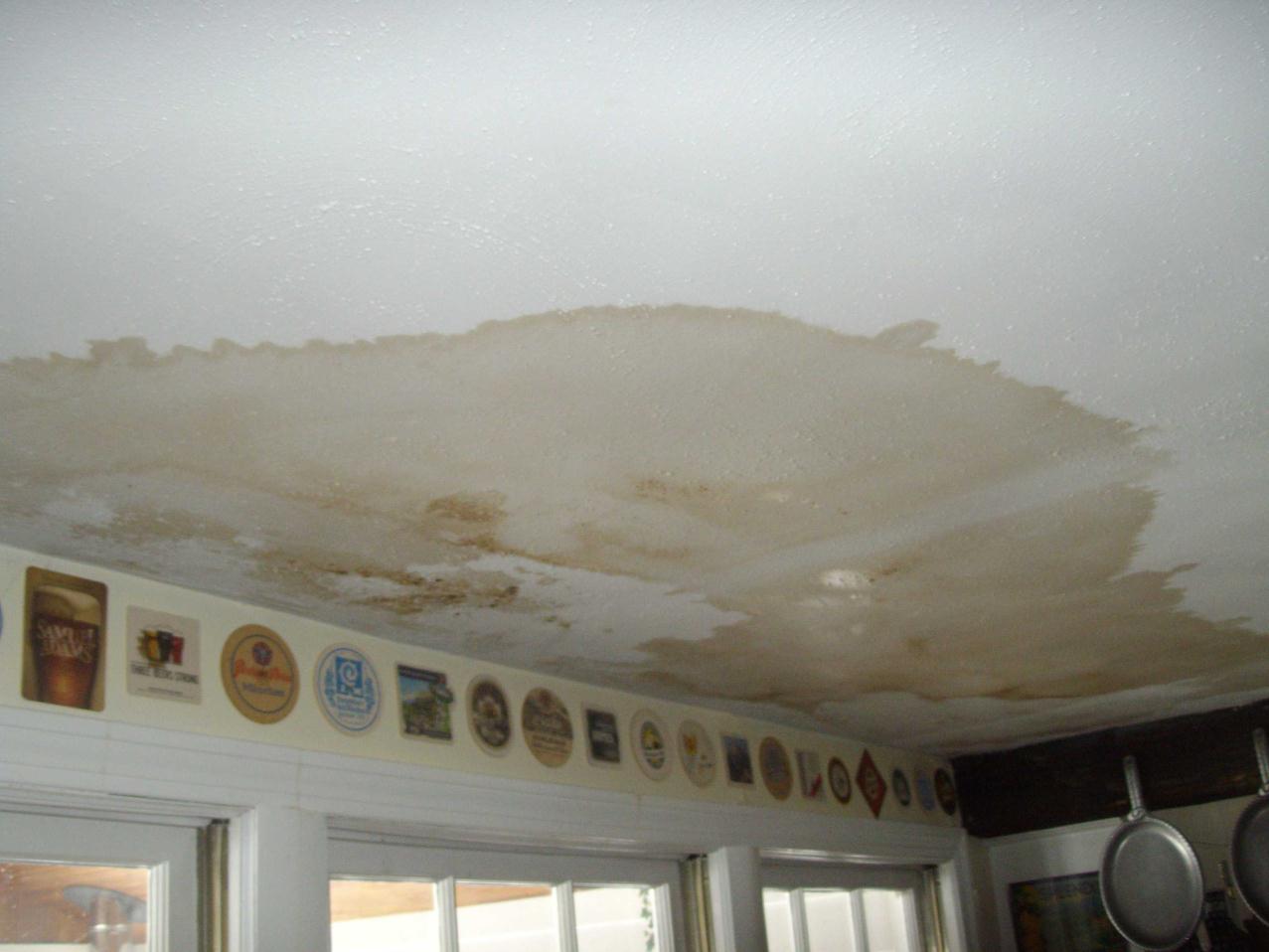Do's & Don'ts of Water Damage.
Do's & Don'ts of Water Damage.
Blog Article
We've discovered this great article relating to 5 Home Safety Tips To Reduce The Risk Of Fire And Water Damage listed below on the net and figured it made sense to discuss it with you in this article.

Water gives life, however water intrusion on some parts where it's not expected to be can result in damages and also aggravation. In addition, houses with water damage smell stuffy and also old.
Water can come from numerous sources like typhoons, floodings, ruptured pipes, leaks, and sewer concerns. It's much better to have a functioning knowledge of security precautions if you have water damage. Below are a couple of guidelines on just how to take care of water damage.
Do Prioritize Residence Insurance Policy Protection
Seasonal water damage can originate from floods, seasonal rainfalls, and wind. There is additionally an occurrence of an abrupt flooding, whether it came from a damaged pipe that instantly bursts into your house. To protect your house, obtain residence insurance coverage that covers both disasters such as all-natural calamities, as well as emergency situations like busted plumbing.
Do Not Forget to Switch Off Energies
When disaster strikes and you're in a flood-prone area, shut off the primary electrical circuit. Shutting off the power stops
When water comes in as water serves as a conductor, electrical shocks. Do not neglect to shut off the primary water line valve as a way to stop even more damages.
If the floodwaters are getting high, keep your furnishings stable as they can walk around as well as trigger additional damages.
Do Remain Proactive and Heed Climate Notifies
Storm floodings can be very unforeseeable. Stay positive and also prepared at all times if you live in an area pestered by floodings. If you live near a body of water like a lake, river, or creek , listen to the news and evacuation cautions. Obtain your prized possessions and also vital records from the very beginning and basement, after that placed them in a safe place and the greatest feasible level.
Don't Disregard the Roofing System
Your roofing contractor must take treatment of the damaged seamless gutters or any kind of other indications of damages or weakening. An assessment will certainly avoid water from streaming down your walls and also saturating your ceiling.
Do Take Note Of Small Leakages
A burst pipe doesn't take place in a vacuum cleaner or overnight. There are red flags that can draw your attention as well as suggest to you some weakened pipelines in your home. Signs of warnings in your pipelines include bubbling paint, peeling off wallpaper, water streaks, water stains, or trickling sounds behind the wall surfaces. There are indications that the pipe will burst. If you see these signs, don't wait on a rise. Repair as well as check your plumbing fixed before it results in enormous damages to your house, finances, as well as an individual nightmare.
Do Not Panic in Case of a Burst Pipeline
Timing is key when it comes to water damage. If a pipe ruptureds in your residence, right away shut off your major water shutoff to reduce off the resource and also avoid more damage. Call a trustworthy water damages restoration professional for aid.
Water offers life, yet water invasion on some parts where it's not supposed to be can result in damages as well as hassle. In addition, residences with water damage smell stuffy as well as old.
Seasonal water damage can come from floodings, seasonal rains, as well as wind. Signs of red flags in your pipelines include gurgling paint, peeling wallpaper, water streaks, water discolorations, or leaking noises behind the wall surfaces. If a pipe ruptureds in your residence, promptly shut off your main water shutoff to reduce off the source as well as protect against more damage.
Some Do's & Don't When Dealing with a Water Damage
DO:
Make sure the water source has been eliminated. Contact a plumber if needed. Turn off circuit breakers supplying electricity to wet areas and unplug any electronics that are on wet carpet or surfaces Remove small furniture items Remove as much excess water as possible by mopping or blotting; Use WHITE towels to blot wet carpeting Wipe water from wooden furniture after removing anything on it Remove and prop up wet upholstery cushions for even drying (check for any bleeding) Pin up curtains or furniture skirts if needed Place aluminum foil, saucers or wood blocks between furniture legs and wet carpet Turn on air conditioning for maximum drying in winter and open windows in the summer Open any drawers and cabinets affected for complete drying but do not force them open Remove any valuable art objects or paintings to a safe, dry place Open any suitcases or luggage that may have been affected to dry, preferably in sunlight Hang any fur or leather goods to dry at room temperature Punch small holes in sagging ceilings to relieve trapped water (don't forget to place pans beneath!); however, if the ceiling is sagging extremely low, stay out of the room and we'll take care of it DO NOT:
Leave wet fabrics in place; dry them as soon as possible Leave books, magazines or any other colored items on wet carpets or floor Use your household vacuum to remove water Use TV's or other electronics/appliances while standing on wet carpets or floors; especially not on wet concrete floors Turn on ceiling fixtures if the ceiling is wet Turn your heat up, unless instructed otherwise

I recently found that article about 5 Home Safety Tips To Reduce The Risk Of Fire And Water Damage when scouting around the web. For those who appreciated our article please remember to share it. We value reading our article about What You Can Do At Home To Prevent Fire And Water Damage.
Report this page